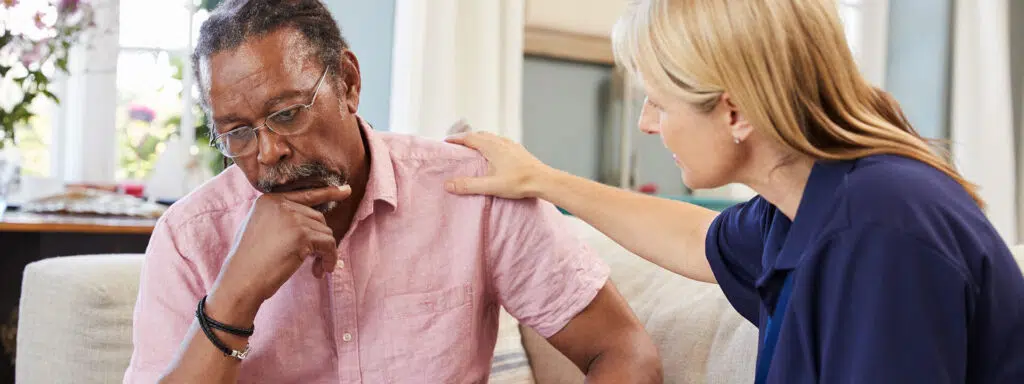
Beach House Recovery Center » Types of Addictions » Opioid » Vicodin Addiction

Beach House Center for Recovery offers effective treatment for Vicodin use disorder. Our medical clinicians, addiction care specialists, and psychiatric providers offer in-depth support and compassionate care that delivers exceptional outcomes.
Vicodin addiction is a serious and growing problem that can cause significant physical and mental health issues. Physically, it can cause changes to the body’s organs and systems, as well as an increased risk of infections and diseases. It also increases the risk of overdose and death. Mentally, it can cause depression, anxiety, and mood swings.
Vicodin is also known by the brand names Anexsia, Lorcet, Lortab, Norco, and Xodol.
Vicodin is the brand name for a prescription opioid painkiller containing hydrocodone (a schedule II controlled substance) and acetaminophen (a mild pain reliever and fever-reducer). In large doses, Vicodin causes lethargy, mental impairment, liver damage, and addiction.
Vicodin was invented in the early 1980s. It was developed by the German pharmaceutical company Knoll Pharmaceuticals and was introduced to the United States in 1984. Vicodin was designed for the relief of moderate to moderately severe pain.
Yes, Vicodin carries a significant risk for abuse. The drug works by binding to opioid receptors in the brain, which produces a feeling of relaxation and euphoria. This sensation can lead to physical and psychological dependence in individuals who take Vicodin in doses that exceed medical recommendations.
Addiction commonly refers to multiple conditions along the spectrum of substance use disorder.
The Diagnostic and Statistical Manual of Mental Disorders (DSM) categorizes substance use disorders as mild, moderate, or severe. Mild substance use disorder involves routine use of illicit substances, whereas moderate or severe substance use disorder can involve physical tolerance to the drug.
Vicodin addiction is a difficult disease to understand. However, Vicodin addiction generally involves an unmanageable urge to use the substance despite negative social, personal, and medical consequences.
There are several effects of Vicodin abuse, including the following:
Addiction to Vicodin can be difficult to recognize, but certain signs can indicate a problem. If you are addicted to Vicodin, you might exhibit the following Vicodin addiction symptoms:
If you or someone you know exhibits any of these Vicodin abuse signs, please seek help. Addiction to Vicodin is a potentially fatal condition and should be addressed as soon as possible.
At Beach House Center for Recovery, we offer comprehensive therapeutic interventions designed to address multiple facets of Vicodin and opioid addiction. From medically supervised detox to intensive therapy to transitional support, our addiction specialists offer proven, evidence-backed treatments that help patients throughout their recovery journeys.
To learn more about Beach House’s treatment approach, please contact our admissions counselor today.
We accept most major insurance plans and can verify your benefits quickly and confidentially.
We’re committed to helping you access the care you need, our admissions counselors can guide you through your coverage options and available resources.





"*" indicates required fields